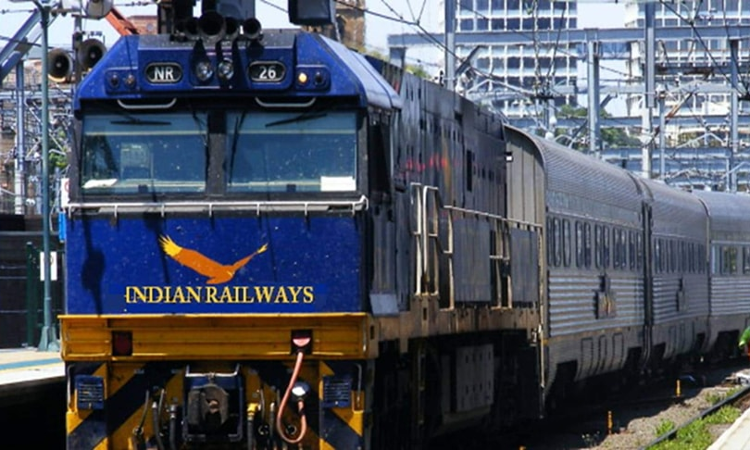44 Years After Railway Accident, Bombay High Court Upholds ₹51K Compensation To Mother Of Deceased
Amisha Shrivastava
11 Sept 2023 12:15 PM IST

Next Story
11 Sept 2023 12:15 PM IST
The Bombay High Court recently upheld an award of compensation of Rs. 51,000 to the mother of a 24-year-old man who died in a railway accident 44 years ago involving the collision of a truck and a train engine.Justice PK Chavan observed that the accident was caused due to the negligence of railway staff.“It is clearly an act of negligence on the part of the employees of the appellants as...
